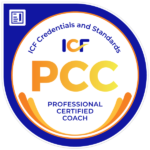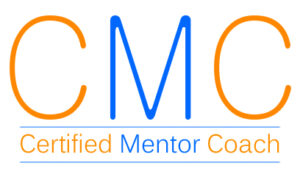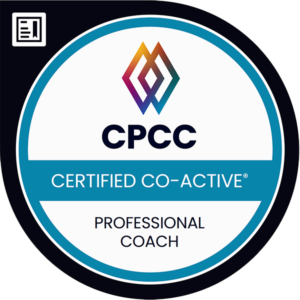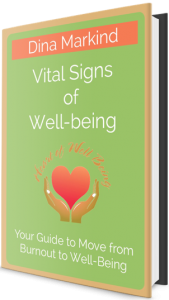Conflict is a natural part of relationships, after all, we often even disagree and can be in conflict within ourselves. While conflict is inevitable at times, there are ways to minimize escalation to angry confrontation and demoralization.
A negative encounter with a patient or colleague can upset you for the whole day and into the future. How often have you felt that your day has been ruined by angry interactions with patients or family members? Dealing with the negativity of illness takes a toll on physicians and nurses already, it is compounded by conflict with patients, families and colleagues. It is natural that dealing with constant conflict would cause a healthcare professional to burnout. Below, is a strategy for dealing with conflict, especially as it relates to patient and family encounters.
When someone starts an encounter with a lot of emotional charge, acknowledge this by saying something like, “you seem really upset today.” It is necessary to let that person vent their emotions a little before going to the facts of a situation. Dealing with objective information before a person is ready is a mismatch in communication; it is as if you’re talking on two different planes. You can set boundaries on how the emotions are expressed, for example time limits and language used.
Ask the person “What’s going on?” or “what happened?” Then just listen actively for about two minutes with occasional reflection of what you’ve heard. If you have a clear sense of how they feel about the situation reflect this back; if you need clarification, ask them for more information and then reflect it back. This let’s the other person know that you heard the concern, upsetting situation or just the other view.
Then ask them, “What troubles you most about this?” This is a key question that may cause them to think a little more deeply and can unlock the real concern. Often fears are revealed. Once you know the situation and what troubles the person, you may be able to relieve the fear with objective information. For example a woman in her ninth of pregnancy who came in with concerns she was in “labor” because of cramping and loose bowels, is not in labor and still upset. Turned out the real concern was related to potential stillbirth because she had a stillbirth related to listeria food poisoning in the past.
When objective information is not the solution, ask your patient “What’s been most helpful thus far?” or “What’s helped you in similar sitations?” This encourages your patient to get in touch with his/her own resources and sense of power. For some people, when they are ill and feeling vulnerable, the sense of powerlessness can lead to a lot of acting out. Asking what’s been most helpful forces them to recognize that perhaps they do have some resources to call upon.
Express empathy for the situation or concern your patient has. Dr. Helen Reiss a Harvard researcher on empathy has studied physician patient relationships. In a recent interview regarding a study with over 100 residents, she reported that “Physicians were taught how to empathize with the person’s experience rather than the person, who may be behaving in a difficult manner that shifts attention away from their suffering. For patients that were the most challenging to empathize with, physicians were able to increase empathy. Learning how to see the person behind his or her difficult behaviors helps to bring out natural tendencies to help.”*
This is your opportunity to express your empathy further, and you may even ask your patient “What would you like me to do to help?” After listening you can then suggest what you can do and/or think should be done; set your boundaries and be clear.
It is always good to end on a positive note, so return to appreciation. Thank your patient for letting you know and acknowledge that it is important that you understand each other. Now you can go on to the rest of your appointment.
This article is the last of the current series on relationships. What’s most helpful to you in dealing with conflict? Share your thoughts by clicking on the text bubble of the blog page. For a more personal approach to dealing with conflict while maintaining strong relationships, contact me.
Dina, 203.744.YOU3 (9683)
Revitalize Your Life
If you like this post and know others who may benefit from it, please share. If you’re not yet on my list, please sign up to receive articles regularly.
*Dr. Helen Reiss is an Associate Professor of Psychiatry at Harvard Medical School. She is the Director of the Empathy and Relational Science Program at Massachusetts General Hospital. This quotation comes from an interview posted by Gail Gazelle,M.D. “Physician Empathy Training Reduces Burnout”





